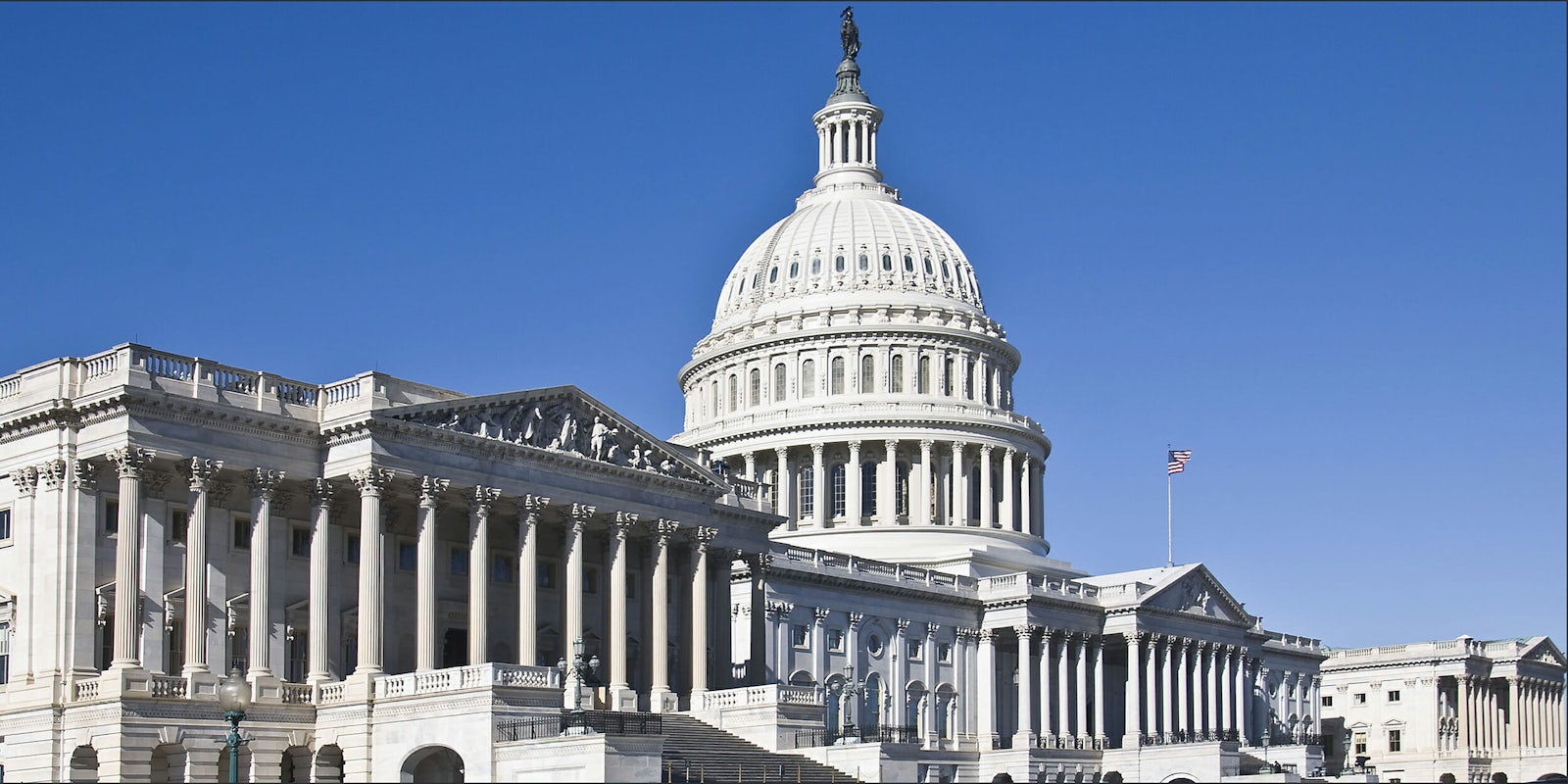Despite looming midterm elections taking place this November, 32 veteran House Republicans have now announced that they will not be running—a record number ahead of an election which Democrats hope will see them seize control and shift the balance of power in Washington.
On Wednesday, Rep. Darrell Issa (R-Calif.) announced that he would be retiring from Congress just days after his colleague Rep. Ed Royce (R-Calif.) also announced he would be dropping out.
“There is going to be a GOP congressional wipeout in California in 2018,” Steve Schmidt, one of Senator John McCain’s 2008 presidential campaign team members, ominously predicted in conversation with CNN. “Turnout will be driven by the governor’s race which will be between two Democrats. This further depresses GOP turnout.”
Other representatives are moving on for different reasons, with many running for other office, but in a developing trend visible across the country, the departing California lawmakers represent districts in which the Democrat’s 2016 presidential candidate Hillary Clinton won against President Donald Trump. In several other seats that House Republicans are abandoning, in New Jersey and Pennsylvania, for example, Trump did win but Democrats are expected to make a strong drive for.
“Vulnerable House Republicans would clearly rather call it quits than stand for re-election with a deeply unpopular agenda hanging over their heads,” Democratic Congressional Campaign Committee spokesperson Tyler Law said in interview with NPR.
All in all, Democrats need to turn 24 seats in all to win the House over. Last occasion there was an exodus of this proportion was in 1994, according to The Week, when 28 Democrats chose not to seek re-election. At the time, Republicans capitalized and won control of the House.
More than that, average midterm seat loss since 1962 for a party when the president faces less than a 50 percent approval rating is a whopping 40 seats. According to Gallup’s weekly poll, Trump’s approval ratings have been less than 47 percent since his election and as of Monday sit at an approval of just 37 percent.
In the Senate, a number of prominent Republicans have also announced their resignations, include Sen. Jeff Flake (R-Ariz.) and Sen. Orrin Hatch (R-Utah).


